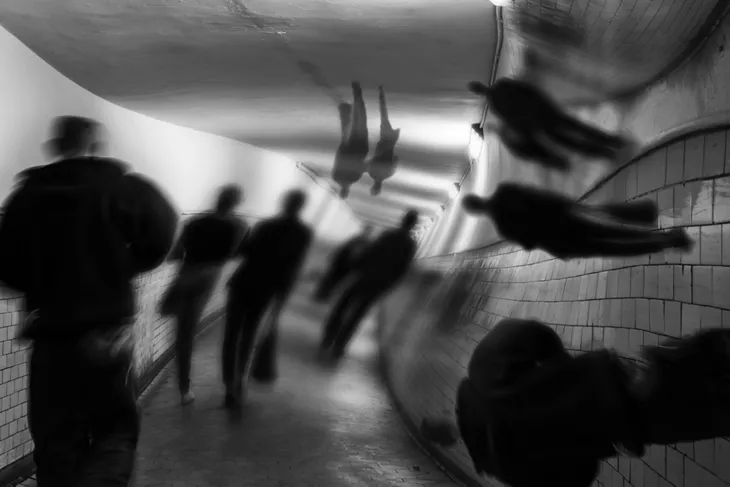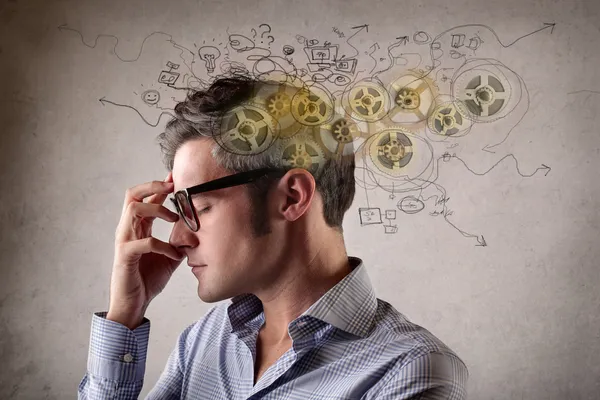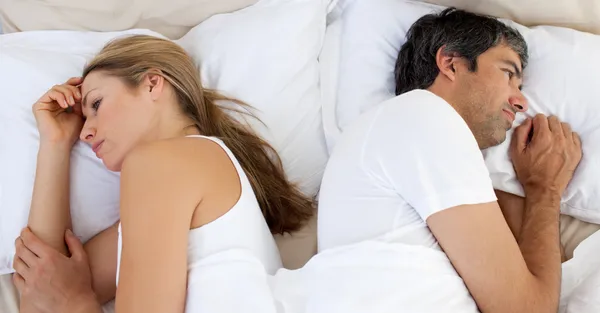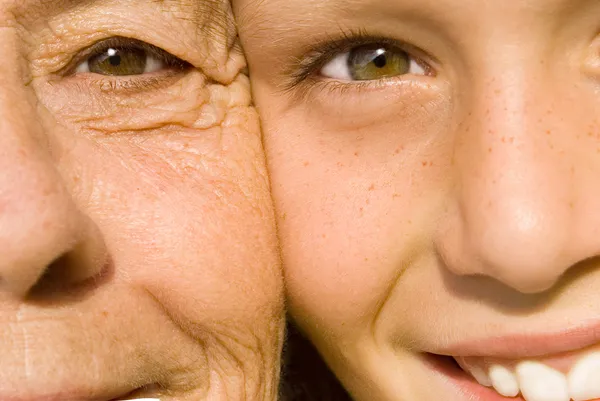Many Americans aren’t getting enough quality sleep at night, whether it’s from working longer hours or experiencing insomnia or other sleep disorders (such as sleep apnea). Of course, one of the obvious symptoms of lack of sleep is feeling tired throughout the day, but that may just be the tip of the iceberg.
Turns out sleep deprivation can affect your overall health, so it’s important to try to get some proper shut-eye. While people have varying minimum amounts of rest needed to function normally, anyone can end up with sleep deprivation. Here are six short-term and long-term health risks associated with lack of sleep…
1. Moodiness
VeryWell.com explains that short sleep could lead to shorter tempers. Irritability is one of the telltale signs of not getting quality slumber, adds the source. It can get worse than that: these mood disorders can extend into full-blown depression and anxiety, adds the source.
On the plus side, getting proper sleep can be a great catalyst in promoting a healthy and happy mood from the start of the day, it adds. “Sleep is a vital part of our health, and this clearly includes our mental health,” offers the source.
2. Hallucinations
These are when you start seeing objects that aren’t really there. Vice magazine posted an article that talks about the “waking nightmares” you can experience from extended periods without rest. The article focuses on the experiences of a New Zealander who experimented with staying awake for almost 110-hours (we don’t suggest you try and replicate this experiment).
The subject, Jess Vlaanderen, explained that she experienced “colorful, complex universe in front of me, although I was awake”. This is not to say that everyone will experience hallucinations from sleep deprivation, but some sources report that even some sleep deficit can result in seeing “trails” (or tracers) when you look around.
3. Impaired Cognitive Ability
WebMD says bluntly that lack of sleep “dumbs you down,” meaning it will affect your thinking and learning abilities. “First, it impairs attention, alertness, concentration, reasoning, and problem solving. This makes it more difficult to learn efficiently,” it explains.
The source also notes that adequate sleep also helps you store experiences and new information in your brain’s hard drive. Sleep cycles “play a role in consolidating memories in the mind,” notes WebMD. If you don’t get enough sleep, you won’t be able to recall what your brain took in that day.
4. Lowered Libido
An article in The Telegraph (UK) said lack of sleep can affect a male’s sex drive in particular. The problem has been traced to the fact that less sleep lowers testosterone, which drives male libido, explains the source.
The article cited a study by the University of Chicago that found men who get less than 5-hours of sleep per night (for at least a week) have “far less levels” of testosterone – equivalent to someone that’s 15-years older. Typically, testosterone levels naturally decline by up to 2-percent a year as an adult male ages, it adds. Other sources point out that lack of sleep can also significantly lower a man’s sperm count.
5. Premature Aging
While men’s testosterone levels may fast forward 15-years if they don’t get enough sleep, men (and women) will actually appear older if they don’t get the correct amount of shut-eye. Aside from some puffiness under the eyes from short-term sleep loss, “it turns out that chronic sleep loss can lead to lackluster skin, fine lines, and dark circles under the eyes,” explains WebMD.
One of the factors at play here is that your body releases more cortisol (a stress hormone) when you’re sleep deprived. Cortisol in higher volumes can actually break down your skin collagen, which is responsible for making your skin “smooth and elastic,” notes the source.
6. Weight Gain
Staying up later means you’re super active and will trim down, right? No necessarily. In fact, the Huffington Post lists 14-ways lack of sleep could be causing you to gain weight. “Science has confirmed time and again that fewer hours of quality shut-eye can affect your waistline,” it notes.
It adds that sleep deprivation can cause a vicious cycle that tricks your brain into wanting to eat more, while not being able to process the food efficiently. So you’re left feeling tired and your metabolism slows down, it adds. “By sleeping less, you are programming your body to eat more,” it explains. You’ll also likely exercise less due to lower energy levels.









